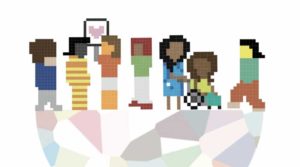APC launched the Exploratory Research on Sexuality and the Internet (EROTICS) network in 2009, a research and advocacy project in India, Brazil, Lebanon, South Africa, the United States and Indonesia that looked at internet-related challenges facing LGBT and other sexual rights communities. The “Building EROTICS Networks in India, Nepal and Sri Lanka” project built on this previous work by strengthening the participation of India through partnering with Point of View, and bringing in new actors from Sri Lanka by partnering with Women and Media Collective, and partnering with LOOM in Nepal. The project connected with researchers, activists, bloggers and advocates working on sexual and reproductive health and rights (SRHR), including sex workers, LGBTIQ communities, women with disabilities, and survivors of violence in these three countries.
Project activities in 2017 included advocacy aimed at influencing internet rights policy to include the rights of women and LGBTIQ people in global and regional decision-making forums on internet governance and women’s rights-related issues, such as the UN Human Rights Council and its Universal Periodic Review process, the Internet Governance Forum and the Committee on the Status of Women.
To support advocacy strategies in key policy processes, APC produced the EROTICS South Asia exploratory research: Sex, rights and the internet report, comprising research studies from the project’s three target countries: India, Nepal and Sri Lanka. The report forms an important baseline from South Asia that looks at internet-related challenges and opportunities experienced by women’s rights, LGBTIQ rights and sexual rights advocates, and addresses legal frameworks, regulation, experiences and strategies to respond to challenges, as well as use of the “power” of the internet.
The EROTICS Global Survey 2017: Sexuality, rights and internet regulations, also published in 2017, mapped how sexual rights activists use the internet to advance their work, and documented the types of risks, harassment, content regulation or censorship they deal with, and how they respond to them. The first global survey was launched in 2013, and a slightly revised version of the questionnaire was applied as a follow-up exercise in 2014. For the 2017 survey, an important innovation was introduced: in-depth interviews with individuals who volunteered to expand on their responses.
A special GenderIT.org edition launched in December 2017, “The right to scream: Research on sexuality, the internet and communication”, looked at the state of internet rights, sexual rights and communication rights globally, and particularly in South Asia.
These research outputs of the EROTICS project were distributed and presented at three national events, two in India and one in Nepal, as well as at the 2017 Asia Pacific Regional Internet Governance Forum (APrIGF) in Bangkok, the global Internet Governance Forum in Geneva, the Citizens Digital Summit in Delhi and the Global Voices Summit in Colombo.
APC also organised several activities in 2017 to fulfil the EROTICS project objective of building the capacity of sexual rights movements, organisations, activists and researchers in India, Nepal and Sri Lanka to engage politically with internet rights and resist online violence, content regulation and censorship, and to participate actively in internet policy debates. These included the EROTICS Regional Meeting in September in Negombo, Sri Lanka, and a Feminist Internet eXchange pop-up organised by APC and partners in Bangkok on 31 July, aimed at exploring the Feminist Principles of the Internet as a politically situated framework to address sexuality, gender and technology in the Asia-Pacific region, and developing recommendations for the APrIGF synthesis document as a way to surface gender and sexuality in the internet governance platforms and discussions in the region.
Another 2017 outcome was APC’s contribution to the development of the Yogyakarta Principles+10 on the Application of International Human Rights Law in Relation to Sexual Orientation, Gender Identity, Gender Expression and Sex Characteristics, which now include a new principle on “The Right to the Enjoyment of Human Rights in Relation to Information and Communication Technologies”, in recognition of the important role that ICTs play in the enjoyment of human rights by LGBTIQ people. Having this particular principle included is a clear outcome of APC’s impact in terms of its movement-building efforts along with LGBTIQ advocates.

